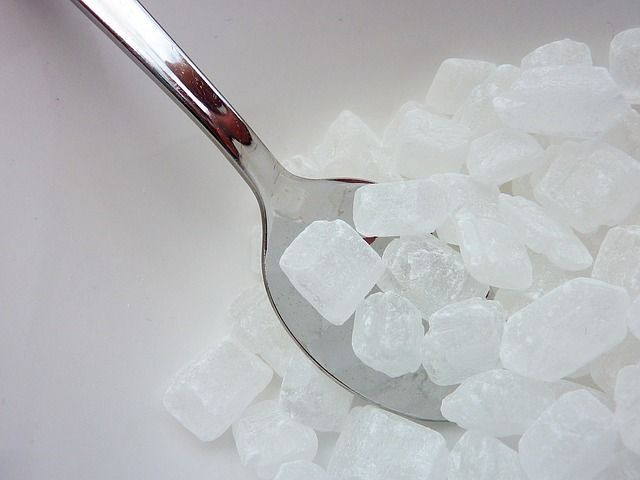Alzheimer's Causes: Could Refined Sugar Lead To Dementia, Cognitive Decline?


This question originally appeared on Quora. Answer by Ray Schilling.
Yes, it does. Alzheimer’s is called type 3 diabetes. Here is part of a blog I wrote after listening to Dr. Pamela Smith.
At the 22nd Annual A4M Las Vegas Conference in mid December 2014 Pamela Smith gave a presentation entitled ”How To Maintain Memory At Any Age”. She gave a comprehensive overview of what you can do to prevent Alzheimer’s disease. The better we understand the causes of Alzheimer’s the more we can interfere with the biochemical processes that lead to Alzheimer’s or dementia. Various parts of the brain have different functions like pattern recognition, interpreting auditory and visual stimuli and so on. In the past it was thought that once the bran is developed, it would be stationary until we die. Brain researchers have shown that instead the brain continues to develop even after the teenage years. New brain cells can develop as long as we live and new synapses, the connections between brain cells can form all the time.
A lack of sleep causes insulin levels to rise, which causes a lack of memory. Alzheimer’s disease has been termed diabetes type 3 because of this close connection of memory loss and uncontrolled blood sugar levels. In fact diabetics are three times more likely to develop Alzheimer’s disease.
There are several subunits of the brain like the hypothalamus, thalamus, hippocampus and the amygdalae, which are important for normal brain function and memory. The hippocampus in particular is a major memory-processing unit, which indexes, constructs and rearranges memories.
Apart from the anatomy of the brain, neurotransmitters are important for the proper functioning of the various parts. Although there are more than 100 of them the most important neurotransmitters are acetylcholine, GABA, glutamate, dopamine and serotonin. Each of these neurotransmitters binds to only one specific receptor before a signal can be sent from one neuron to the next. There is a decline in the speed of neurotransmission with age and also a memory decline. Compared to the memory in a young person a person at the age of 75 has a decline in memory function of about 40%.
Why do people experience memory decline?
Apart from genetic predisposition the majority of people who come down with Alzheimer’s disease do so because of neglecting the body and their brain. Neglecting elevated blood pressure by not treating it properly with medication will lead to vascular dementia. As already mentioned earlier hyperinsulinemia (too much insulin in the blood) from obesity, untreated type 2 diabetes and metabolic syndrome is another mechanism.
Lack of exercise is associated with a higher risk of developing Alzheimer’s, so is insomnia and a lack of sleep (less than 7 hours per night). With aging there is often poor nutrition, lack of absorption of nutrients, inflammatory bowel conditions with poor absorption of nutrients and body inflammation. A significant portion of the population is deficient for various enzymes in the methylation pathway, which can lead to high homocysteine levels and the danger of premature heart attacks and vascular dementia. Psychological health can also affect memory loss, as depression and anxiety are associated with it. Toxins like heavy metals, fuels, pesticides, solvents and fluoride can over time lead to memory loss and Alzheimer’s as well.
Lifestyle habits and Alzheimer’s
There are many lifestyles that cause memory loss: too much stress (from high cortisol levels that damage the hippocampus); smoking that damages acetylcholine receptors; chronic alcohol abuse leads to memory problems from the toxic effect of alcohol on brain cells, which in turn causes a disbalance of serotonin, endorphins and acetylcholine in the hippocampus.
Lack of exercise is an independent risk factor for the development of Alzheimer’s disease. Exercise increases the blood supply of the brain, strengthens neural connections and leads to growth of neurons, the basic building blocks of the brain. Mood-regulating neurotransmitters are increased (serotonin, endorphins).
Sleep deprivation leads to memory loss, but so does the use of aspartame, the artificial sweetener of diet sodas.
Sugar consumption and too much pasta (which gets metabolized within 30 minutes into sugar) causes oxidization of LDL cholesterol and plaque formation of all the blood vessels including the ones going to the brain. On the long-term this causes memory loss due to a lack of nutrients and oxygen flowing into the brain.
More from Quora:
Published by Medicaldaily.com



























